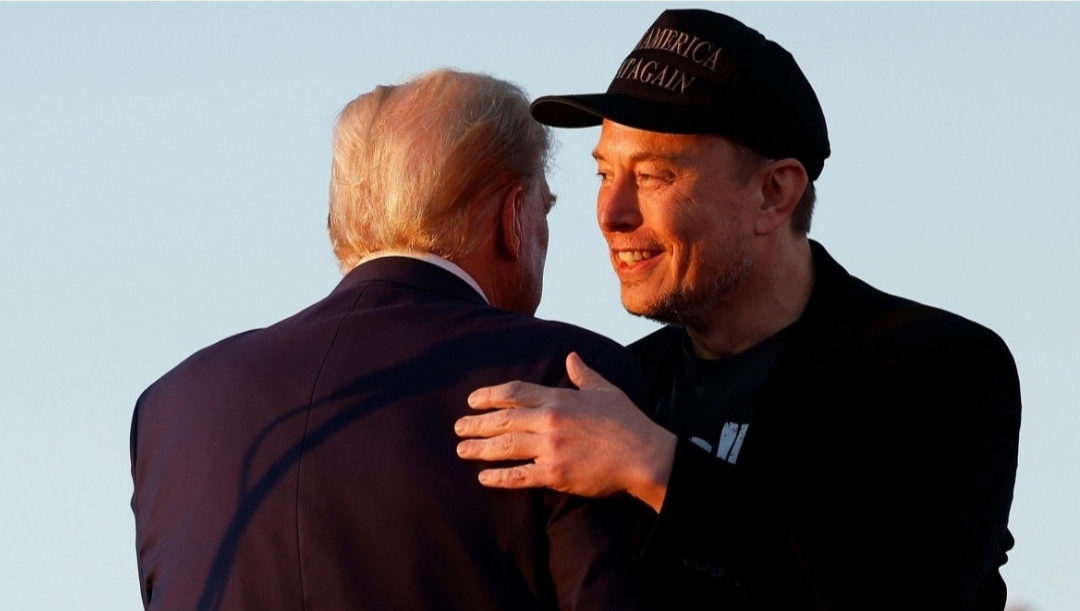EV Tax Credits Could End by September 2025 Under New Senate Proposal – Tesla, Dealers React
The federal tax credits that have long supported electric vehicle (EV) adoption in the U.S. may be ending much sooner than originally planned. A new proposal in the U.S. Senate aims to eliminate EV incentives — including the $7,500 credit for new EVs and the $4,000 for used models — as early as September 30, 2025.
These incentives, introduced to make electric vehicles more affordable and accelerate the shift to cleaner transportation, were initially intended to remain in place until 2032. However, the Senate’s latest revision of the budget bill — part of President Donald Trump’s proposed “One Big Beautiful Bill Act” — seeks to fast-track the phase-out.
The House version of the bill previously proposed ending the credits within 180 days of passage. Now, the Senate’s approach could make any EV purchased after this September ineligible for federal tax breaks. If passed, this sudden change would raise the effective price of many EVs by thousands of dollars overnight, threatening to slow down adoption.
The National Automobile Dealers Association (NADA) has voiced strong opposition to the proposed cutoff date. The association says U.S. dealerships currently have over 140,000 electric vehicles sitting unsold, and abruptly ending incentives could leave dealers with inventory that has suddenly become harder to sell. NADA is calling for a more gradual rollback to prevent market disruption.
While the bill offers some relief for automakers — including eliminating penalties for missing federal fuel economy targets — it has sparked fierce backlash from Tesla CEO Elon Musk. Musk, once a supporter of President Trump, is now publicly criticizing the bill. He argues that if EV subsidies are going to end, fossil fuel subsidies should be eliminated too to maintain a fair competitive landscape.
Taking to social media, Musk warned that the bill could harm future-focused industries and even suggested he may financially support primary challengers against Republican senators who back the legislation.
President Trump quickly responded on Truth Social, accusing Musk of hypocrisy and pointing out that Tesla has benefited from billions in government support over the years. The heated exchange has already had consequences, with Tesla's stock price dropping following the President's remarks.
As the political fight intensifies, consumers looking to buy an EV may want to act fast — before potential savings are pulled off the table.









Post a Comment